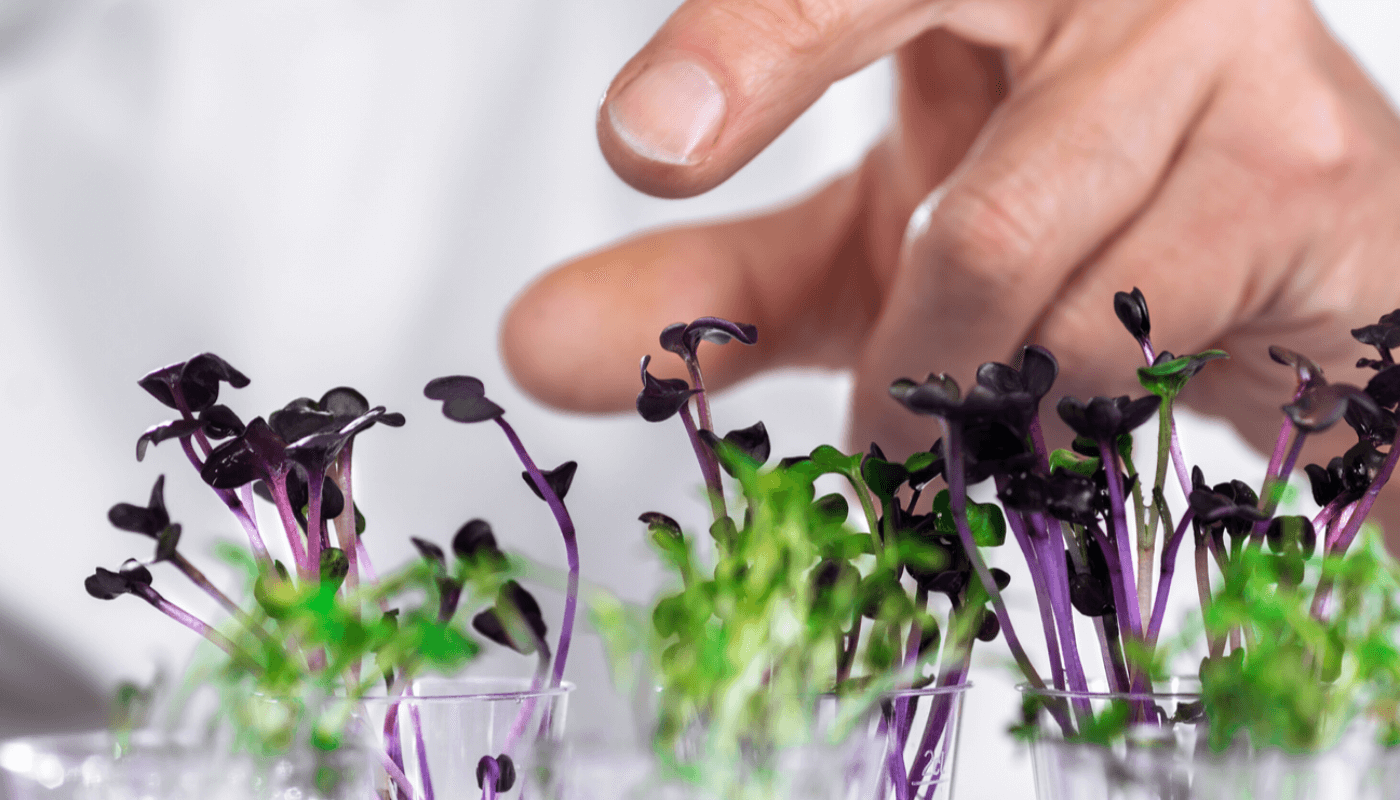As the world begins to pick back up the pieces after covid19, investor mindsets are changing & the global business landscape is accelerating digital transformation and unlocking opportunities for innovators offering solutions to new challenges we now face in the food supply chain. However, one bright spot has been the increase in agtech investment due to the opportunities and power it offers to a now fragile food supply chain as we search for ways to adapt through recovery and growth.
Farmtech in general has seen an uptick in investment according to Agfunders 2020 Farm Tech Investment Report which shows an increase of 370% in the last 6 years. And as COVID19 uncovers a fragile supply chain with food shortages & production halts at the forefront, disruptive startups have never been more in demand to offer solutions to new challenges.
Challenges & solutions in post-covid agtech
1. Robotics and automation may seem like a futuristic concept, but farmers have been using technology for years. However, as technology becomes more complex, the farmer must always be at the forefront of its implementation. Is it easy to understand & adopt? Does it really solve the problem at hand? Companies must put the farmer first.
2. A need for more localized supply chains means globalization is being challenged and mains trends are shifting towards solutions supporting supply chain assurance and food security.
Singapore is the second most populated country in the world yet relies almost solely on importation to feed its population. For this reason it has been establishing itself as an innovation hub, including the rise of new startups and projects to power new solutions for a more nationalised supply chain.
3. With new isolation rules driving increasingly more distance between farmers & users, there is more of a need than ever to create digital solutions that maintain a close relationship with farmers and their technology providers. Startup Farmobile sells hardware to aggregate data coming from farm equipment and stores it for farmers to share with advisors, the startup has seen a spike in demand and CEO Jason Tatge believes this is directly tied to Covid19, with farmers wanting to follow a digital strategy better positioned to deal with the long-term effects of the pandemic.
4. The need to do more with less has never been greater & many startups are taking on the challenge of trying to fortify a more resilient supply chain. With many restaurants and foodservice establishments closing amid covid, many farmers who relied on this supply chain were left in limbo with tons of produce going to waste as a result. Startup Clean Crop technologies is only one example of the plethora of companies aiming to prevent crop loss and promote zero waste.
Corporate input
It isn’t just startups that are making a B-line for agtech, increasingly more corporates are seeking to give back to the land with regenerative agriculture solutions and more sustainable practices.
Multinational food manufacturer General Mills recently partnered with farmers and suppliers in an attempt to implement more sustainable practices on 1 million acres of soil, including for oats, dairy and wheat by 2030. Other big names are also making promises for more sustainable solutions, including Hormel Foods and Danone North America.

In our next webinar we will be delving into all things agtech with our partners Eatable Adventures including the keys of investing in the space & the companies leading this change. We’ll be joined by industry experts Anne Greven, Global Head of F&A Innovation Startup Rabobank, John Friedman, Director of AgFunder Asia & our very own Jose Luis Cabañero CEO of Eatable Adventures. Secure your place this 2nd of July at 15.00 (CEST) by signing up here.
